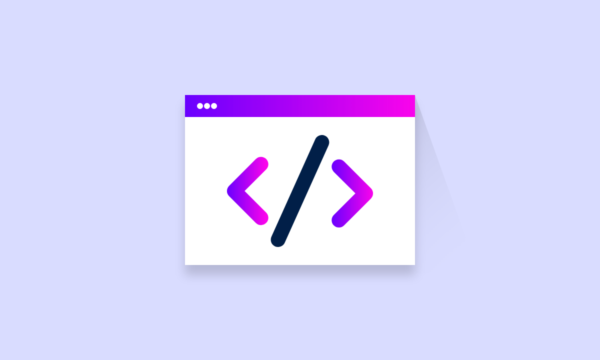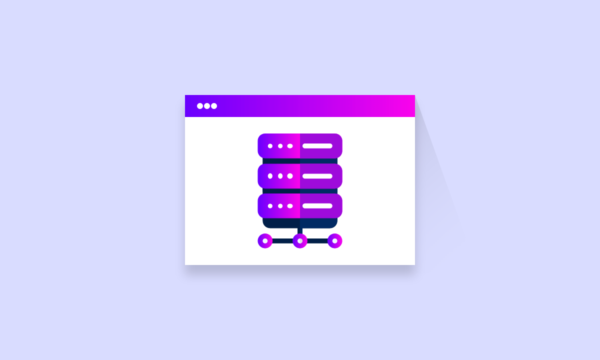Table of Contents
Unlock Higher Sales: B2C Ecommerce Website Development on WordPress
Introduction
In today’s digital age, a strong online presence is crucial for businesses, especially those in the B2C (business-to-consumer) sector. With the increasing popularity of ecommerce, B2C businesses need to have a well-designed and user-friendly website to attract and retain customers. WordPress, a versatile and widely-used content management system, provides an excellent platform for B2C ecommerce website development. In this blog post, we will explore the key steps to develop a successful B2C ecommerce website on WordPress.
Planning Your WordPress Ecommerce Store
Before diving into the development process, it is important to have a clear plan for your WordPress ecommerce store. Start by defining your target audience and identifying their needs and preferences. Conduct market research to understand your competitors and identify opportunities for differentiation. Outline your product catalog and determine the categories and subcategories that will best suit your customers. Additionally, consider the design and layout of your website, ensuring it aligns with your brand identity and provides a seamless user experience.
Choose the Right WordPress Theme and Plugins
One of the advantages of using WordPress for ecommerce website development is the availability of a wide range of themes and plugins. Choose a WordPress theme that is specifically designed for ecommerce, with features such as product listings, shopping carts, and secure payment gateways. Look for themes that are responsive and mobile-friendly, as an increasing number of consumers are shopping on their mobile devices. Additionally, select plugins that enhance the functionality of your website, such as SEO optimization, social media integration, and analytics tracking.
Developing Your B2C Ecommerce Website on WordPress
Once you have planned your ecommerce store and selected the appropriate theme and plugins, it’s time to start developing your B2C ecommerce website on WordPress. Begin by setting up your hosting and installing WordPress. Customize your website by adding your logo, choosing the color scheme, and configuring the layout. Create product pages with compelling descriptions, high-quality images, and clear pricing information. Implement a user-friendly navigation system that allows customers to easily find what they want. Lastly, ensure that your website is optimized for speed and performance. (Hire Dedicated WordPress Developer)
Optimizing Your B2C Ecommerce Website for Sales
To maximize sales on your B2C ecommerce website, it is important to optimize it for conversions. Start by implementing a user-friendly checkout process that minimizes friction and encourages customers to complete their purchase. Offer multiple payment options to cater to different customer preferences. Optimize your product pages for search engines by using relevant keywords in your product titles and descriptions. Additionally, display customer reviews and ratings to build trust and credibility. Implement a personalized recommendation system to upsell and cross-sell products based on customer preferences.
Drive Traffic to Your Website
Having a well-designed and optimized B2C ecommerce website is only the first step. To boost sales, you need to drive traffic to your website. Implement a comprehensive digital marketing strategy that includes search engine optimization (SEO), social media marketing, email marketing, and paid advertising. Create engaging content that provides value to your target audience and promotes your products. Leverage social media platforms to reach a wider audience and engage with your customers. Utilize email marketing campaigns to nurture leads and encourage repeat purchases.
Analyze and Improve Your Website
Regularly analyze and measure the performance of your B2C ecommerce website to identify areas for improvement. Utilize analytics tools to track key metrics such as website traffic, conversion rates, and average order value. Identify any bottlenecks in the customer journey and make necessary adjustments to improve the user experience. Conduct A/B testing to optimize your website design, product offerings, and marketing campaigns. Continuously monitor customer feedback and address any issues or concerns promptly.
Build your B2C sales engine: WordPress + WooCommerce magic! ✨
Conclusion
Developing a successful B2C ecommerce website on WordPress requires careful planning, thoughtful design, and continuous optimization. Following the steps outlined in this blog post, you can create a user-friendly and conversion-focused website that drives sales for your B2C business. Remember to regularly analyze and improve your website to stay ahead of the competition and meet the evolving needs of your customers.










